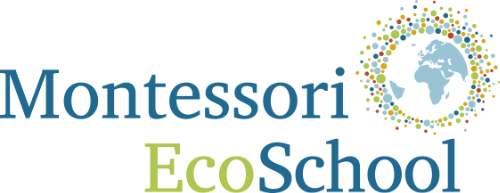Maria Montessori
The Italian doctor Maria Montessori (1870-1952) developed an educational theory that is now widespread throughout the world and enjoys international recognition. Her main writings have been translated into all the world's leading languages; Montessori institutions can be found in all parts of the world. Dr. Montessori gained significant insights into the child's self-development process through study, close and unbiased observation and reflection, and derived from this an educational method which she continued to develop through practice.
Engagement with the concrete world as a basis for abstract understanding
Based on her close observation of children's development, she recognised that it is above all children's haptic involvement with certain materials that gives them the opportunity to absorb and process ideas and concepts with their minds. Especially the handling of concrete materials leads the children to a persistent ability to concentrate and creates the basis for a deeper understanding of abstract concepts.
The importance of the hand
Active exploration (being active always includes the hand) precedes thinking, because thinking is nothing other than the inner repetition of actions: We no longer have to try out everything in life because due to our ability to think and through deliberation, we can recreate the external world in our imagination, think ahead and thus make decisions about our behaviour in an "intelligent" way. If these actions were not there before, then they cannot be repeated or reproduced in the brain.
The child is "the master builder of itself"
Montessori education follows a holistic approach at all levels, centred on the child with its personal strengths and weaknesses. The child is, in Montessori's words, "the master builder of himself". In today's terminology, this sounds like this: The child constructs its personality or knowledge itself - and does so by actively engaging with its environment.
Montessori education is more topical than ever before
Many of the Italian doctor's observations and findings are confirmed again and again today by developmental psychology and neurobiology and also correspond to the ideals of the Hessian Education and Upbringing Plan:
- that individual support also requires time and space for independent discovery and experimentation;
- that learning can only take place in an atmosphere of mutual trust and attentiveness between children and adults;
- that the child learns in a particularly sustainable way through self-directed learning experiences in a carefully designed learning environment, cooperation with age-appropriate working partners and the impulses provided by adult role models;
- that mixed-age groups promote a cooperative basic attitude and allow social skills to grow more strongly;
- that holistic learning in the sense of including emotional, intellectual, social and physical needs promotes motivation and the joy of learning;
- that interdisciplinary work promotes interest and networked thinking;
- that independent handling of age-appropriate didactic materials promotes self-awareness and decision-making skills.


